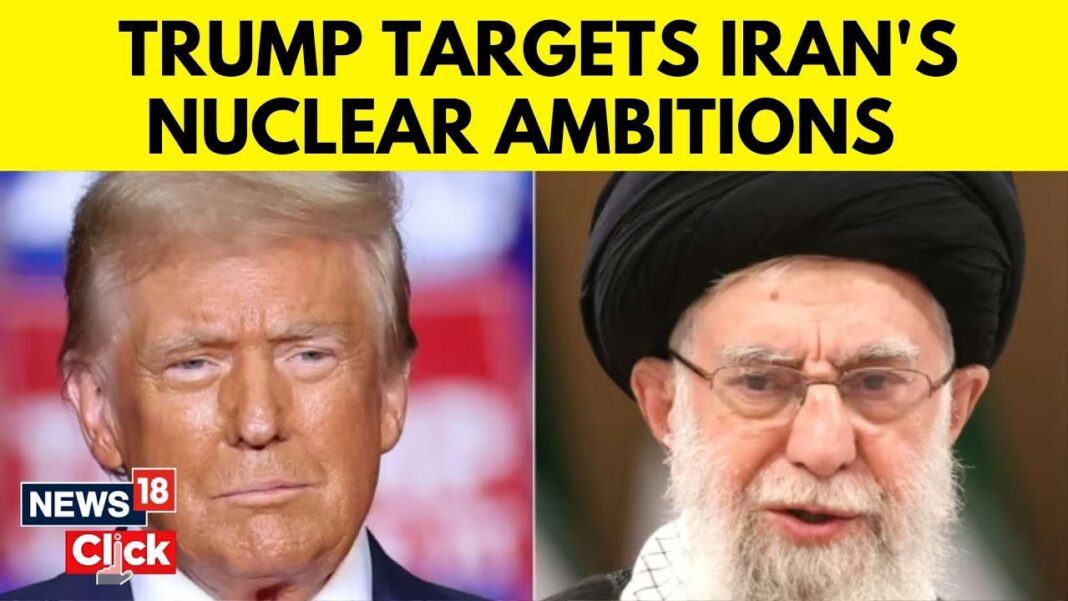|
Getting your Trinity Audio player ready...
|
The military option was under “more serious review” in the wake of the collapse of Bashar Assad’s regime in Syria and Israel’s decapitation of Hezbollah’s leadership in Lebanon, according to the report.
The first option, the WSJ stressed, involves increased U.S. military pressure on Iran, and the selling of advanced weapons to Jerusalem, such as bunker-busting bombs, that would enhance its capacity to hit Tehran’s formidable nuclear facilities, some of which are reportedly located deep underground.
The alternative involves American conflict with the Islamic Republic, directly threatening the Iranian ayatollahs with the military force. According to the WSJ, the administration would seek a diplomatic solution before resorting to force. Trump’s Iran policy during his first term focused on economic sanctions.
“Anything can happen,” Trump said in an interview with Time on Thursday when asked about war with Iran. “It’s a very volatile situation.”
During Trump’s recent electoral campaign, he was informed by U.S. intelligence officials about an Iranian plot to assassinate him.
The “continued and coordinated attacks have heightened in the past few months,” according to intelligence officials, and “law-enforcement officials across all agencies are working to ensure President Trump is protected and the election is free from interference,” stated at the time Steven Cheung, communications director for the campaign.
Since he won the election in November, Trump held three phone calls with Israeli Prime Minister Benjamin Netanyahu, after which the Israeli premier said that he and his American counterpart “see eye to eye on the Iranian threat in all its components, and the danger posed by it.”
On Thursday, Britain, France and Germany informed the United Nations Security Council of their willingness to reimpose “snap back” international sanctions on Iran over that country’s illicit nuclear program
“Iran must de-escalate its nuclear program to create the political environment conducive to meaningful progress and a negotiated solution,” the U.N. ambassadors of the so-called E3 countries wrote in a Dec. 6 letter to the Security Council.
The threat comes after International Atomic Energy Agency (IAEA) head Rafael Grossi confirmed that Tehran has in recent weeks sharply increased its uranium enrichment.
“Today the agency is announcing that the production capacity is increasing dramatically, of the 60% [enriched] inventory,” said Grossi at the Manama Dialogue security conference in Bahrain on Dec. 6.
The Islamic Republic already has enough 60%-enriched uranium for four nuclear weapons in principle, should Tehran decide to enrich it further to the roughly 90% level needed, according to Reuters.
In October, Israeli airstrikes destroyed a secret nuclear weapons research facility in Parchin, 19 miles southeast of Tehran, according to Axios.
Israel’s two assaults against Iran’s air defense system this year have left the country vulnerable to future attacks, with all four of Tehran’s Russian-made S-300 surface-to-air missile batteries destroyed, according to U.S. media.
Iran is “more exposed than ever to strikes on its nuclear facilities. We have the opportunity to achieve our most important goal—to thwart and eliminate the existential threat to the State of Israel,” said Israeli Defense Minister Israel Katz.





